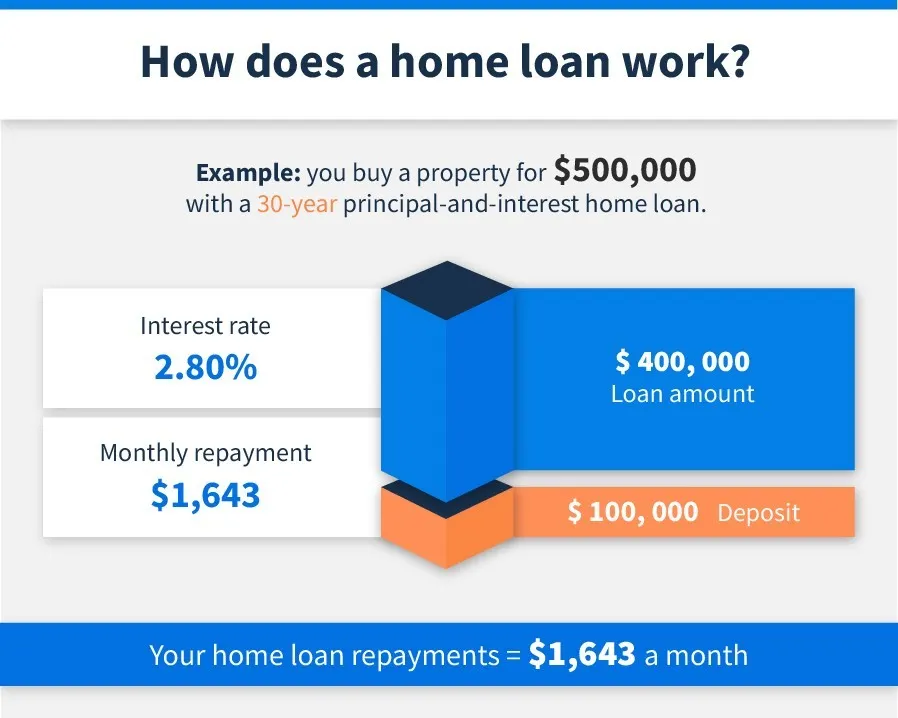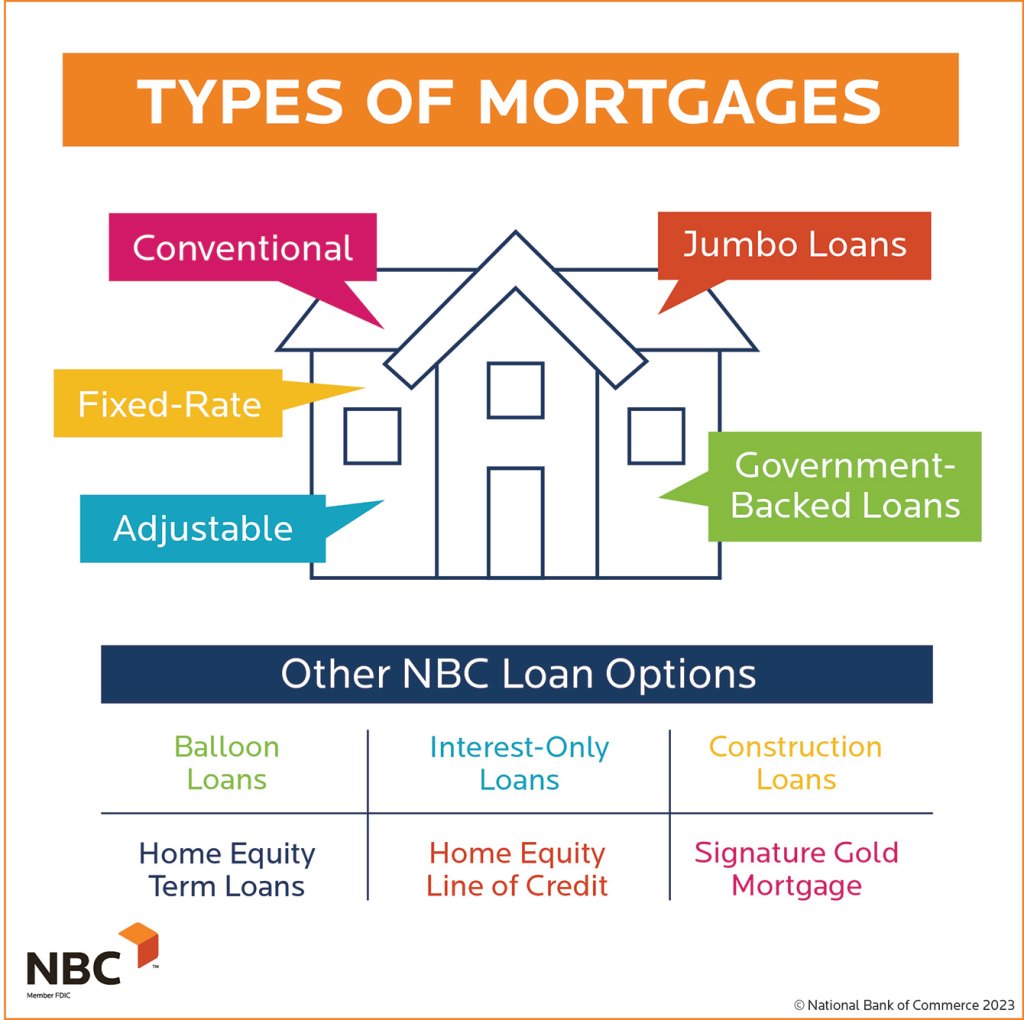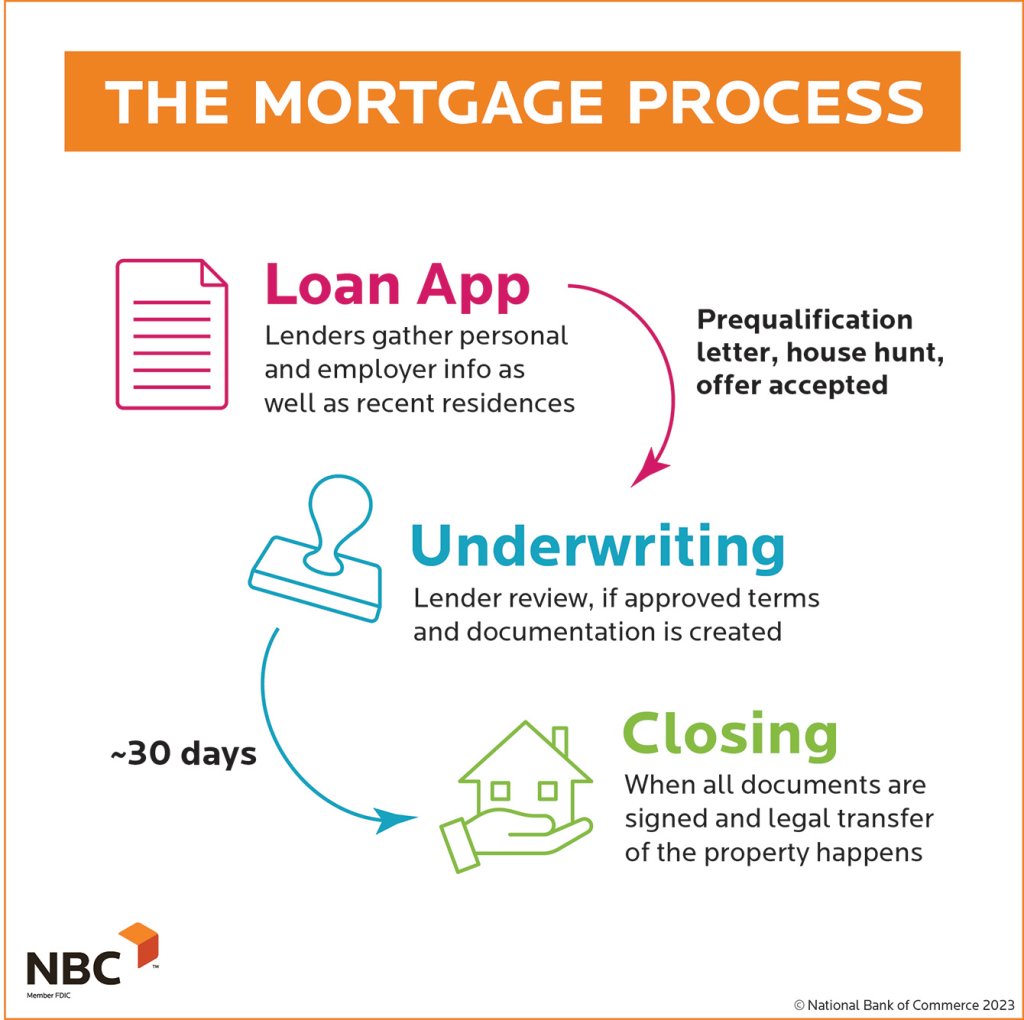Where's The Best Place To Get A Mortgage Loan

The quest for the perfect mortgage can feel like navigating a labyrinth, with interest rates fluctuating, loan options multiplying, and lenders vying for your business. Securing the right mortgage is one of the most significant financial decisions most people will make, impacting their monthly budget, long-term wealth, and overall financial security. Understanding the landscape of mortgage lenders is crucial for making an informed choice.
This article aims to demystify the mortgage lending process and equip you with the knowledge to find the best loan for your individual circumstances. We will explore the pros and cons of various lending institutions, the key factors to consider when comparing offers, and the latest market trends influencing mortgage rates and availability. It is designed to provide a comprehensive overview, enabling you to approach your mortgage search with confidence.
Understanding the Mortgage Lending Landscape
The mortgage market is diverse, with several types of lenders competing for borrowers. Each type offers different advantages and disadvantages, which are important to consider. Understanding these nuances can help you narrow your search and focus on the lenders best suited to your needs.
Big Banks: Stability and Established Processes
Big banks, like JPMorgan Chase, Wells Fargo, and Bank of America, are often the first place many people consider. They offer the security of established brands and often have streamlined processes. However, their size can sometimes lead to less personalized service.
According to data from the Consumer Financial Protection Bureau (CFPB), big banks may have stricter lending criteria, potentially making it more difficult for some borrowers to qualify. Their interest rates can be competitive, but it's crucial to compare them with other lenders.
Credit Unions: Member-Focused Approach
Credit unions are not-for-profit financial institutions owned by their members. This structure often translates into lower interest rates and fees. Membership is often tied to specific criteria, such as employment in a particular industry or residency in a certain area.
Credit unions are known for their personalized service and willingness to work with borrowers who may not meet the strict requirements of larger banks. The National Credit Union Administration (NCUA) provides deposit insurance for credit unions, similar to the FDIC for banks.
Online Lenders: Convenience and Competitive Rates
Online lenders have gained significant popularity in recent years, offering a convenient and often faster mortgage application process. Companies like Rocket Mortgage and Better.com leverage technology to streamline the process.
These lenders often have lower overhead costs, allowing them to offer competitive interest rates. However, it's important to carefully review the terms and conditions, as some online lenders may have hidden fees or less flexibility than traditional lenders.
Mortgage Brokers: A One-Stop Shop
Mortgage brokers act as intermediaries between borrowers and multiple lenders. They don't lend money directly but shop around to find the best loan terms for their clients. Mortgage brokers can save borrowers time and effort by comparing offers from various lenders.
However, it's crucial to understand how mortgage brokers are compensated. They typically receive a commission from the lender, which could incentivize them to recommend a particular loan that may not be the best fit for the borrower. Transparency is key.
Key Factors to Consider When Choosing a Lender
Beyond the type of lender, several factors can influence your mortgage decision. These factors include interest rates, fees, loan terms, and customer service.
Interest rates are arguably the most important factor. Even a small difference in interest rate can result in substantial savings over the life of the loan.
Fees associated with the mortgage, such as origination fees, appraisal fees, and closing costs, can add up quickly. Loan terms, such as the length of the loan (e.g., 15-year, 30-year), affect your monthly payments and the total interest paid over time.
Customer service is essential, especially during the often-stressful mortgage process. Look for a lender with a reputation for responsiveness and clear communication.
Navigating Market Trends and Rate Fluctuations
Mortgage rates are influenced by a variety of economic factors, including inflation, the Federal Reserve's monetary policy, and the overall health of the economy. Staying informed about these trends is crucial for timing your mortgage application effectively.
Websites like Bankrate and NerdWallet offer up-to-date information on mortgage rates and market analysis. Consulting with a financial advisor can also provide valuable insights into the current market conditions and how they may impact your mortgage options.
Conclusion: Empowering Your Mortgage Decision
Finding the best mortgage requires careful research, comparison, and a thorough understanding of your financial situation. By exploring different types of lenders, considering key factors such as interest rates and fees, and staying informed about market trends, you can make an informed decision that aligns with your long-term financial goals. Remember to seek advice from qualified professionals, such as financial advisors and real estate agents, to guide you through the process and ensure you're making the right choice.


















